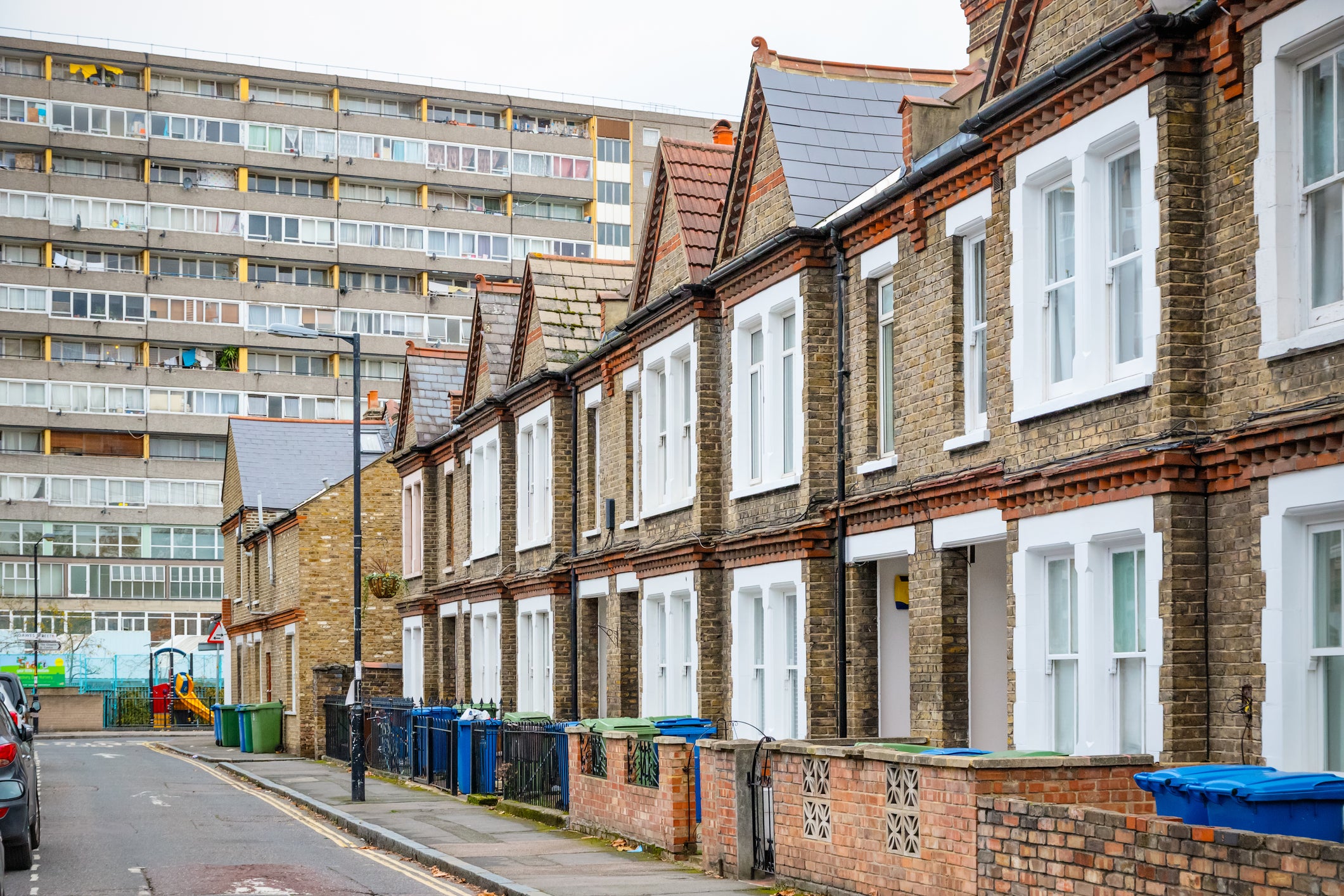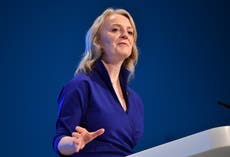Government urged to extend Equality Act to cover economic inequality
‘Socio-economic duty’ was included in legislation a decade ago but never activated

Your support helps us to tell the story
From reproductive rights to climate change to Big Tech, The Independent is on the ground when the story is developing. Whether it's investigating the financials of Elon Musk's pro-Trump PAC or producing our latest documentary, 'The A Word', which shines a light on the American women fighting for reproductive rights, we know how important it is to parse out the facts from the messaging.
At such a critical moment in US history, we need reporters on the ground. Your donation allows us to keep sending journalists to speak to both sides of the story.
The Independent is trusted by Americans across the entire political spectrum. And unlike many other quality news outlets, we choose not to lock Americans out of our reporting and analysis with paywalls. We believe quality journalism should be available to everyone, paid for by those who can afford it.
Your support makes all the difference.The government is being urged to show it is serious about “levelling up” by extending the Equality Act to cover economic inequality.
It comes after ministers said too much time was taken talking about subjects like race and gender at the expense of “socio-economic status” and class.
The Equality Act was passed at the end of the last Labour government and requires the government take into account protected characteristics like race, sex or disability when making decisions.
But the Act also includes a “socio-economic duty” that would bind ministers and public bodies to have “due regard” for economic inequality in every major decision they take.
Yet the duty has never been properly implemented in law, over a decade since the Act was passed.
Polling seen by The Independent and carried out by Opinium shows that 57 per cent of voters agree that the clause should be activated, with just 6 per cent disagreeing.
Campaigners say if the provision had been in force for the last decade, parts of the government’s austerity programme could have been struck down as unlawful by the courts.
“This is clear evidence of a growing desire amongst the British public for their government to take real and momentous action to tackle poverty and inequality,” said Jennifer Nadel, co-director of the campaign group Compassion in Politics, which commissioned the survey.
“And no wonder. Since 2010 child poverty and homelessness rates have risen at alarming rates, infant mortality has grown, and life-expectancy has flat-lined. The Covid crisis has exposed and exacerbated this deplorable situation.”
She continued: “The government is now out of step with the public. During Covid we have seen communities come together to support one another, witnessed the selflessness of key workers, and been inspired by the campaigning efforts of Marcus Rashford.
“Let’s translate that energy, care, and concern into our politics and into a compassionate drive to eradicate poverty, reduce inequality, and provide everyone with the support they need to live a good life.”
Ms Nadel said the government should immediately enact the duty in the act, as well as setting benefits and minimum wage rates “at a level that is high enough to meet the cost of living”.
She added: “A compassionate nation does not allow people to be made homeless or go hungry because their benefits or wages are inadequate.”
Dr Wanda Wyporska, executive director of The Equality Trust said: “If this had been in place in 2010, then we might not have seen the drastic cuts made by public bodies over the past decade.
“Importantly, at a time when we know inequality has increased, with Covid-19 playing a part, it is even more crucial to introduce this. If the government really wants to level-up, then it could commence the Duty very quickly.”
In a speech in December, the equality minister, Liz Truss, said “the focus on protected characteristics has led to a narrowing of the equality debate that overlooks socio-economic status and geographic inequality”.
But a spokesperson for the government’s equalities office said: “The policy objectives of the socio-economic duty do not align with the government’s agenda for greater social mobility, and there are no plans to implement the socio-economic duty for English and cross-border bodies.”
The duty is already in place for Scottish-only public bodies as the “fairer Scotland duty” and is coming into force in Wales from the end of March this year on the initiative of the Welsh government.



Join our commenting forum
Join thought-provoking conversations, follow other Independent readers and see their replies
Comments